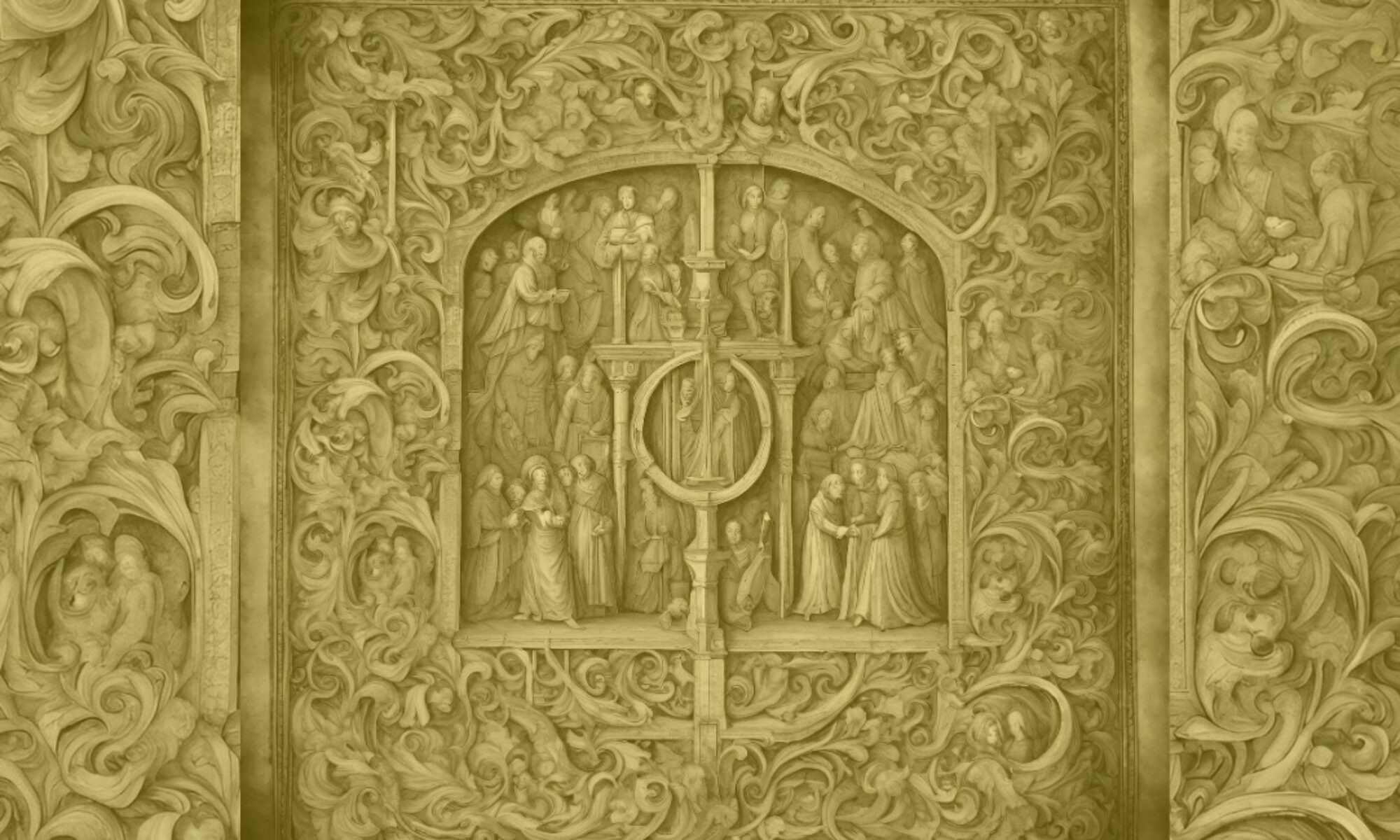Rick’s presentation is called “Tantra and the Erotic Heart of Individuation”

For Carl Jung, the chakra system represents a symbolic theory of the psyche, displaying its evolution as it moves through various levels of consciousness. While the west tends to associate psyche solely with the intellect or mind, Kundalini presents an image of psyche that is not only spread throughout the body, but even reaches beyond it. This puts the western-minded person in a precarious situation. “We are confronted with a paradox; for us consciousness is located high up, in the ajna chakra, so to speak, and yet muladhara, our reality, lies in the lowest chakra” (Jung, Psychology of Kundalini Yoga, 60). To further complicate the matter, Jung understood the level of consciousness most associated with individuation, the goal of his analytical psychology, as occurring at the anahata (heart) chakra. Within each person then, lies an inherent division that must be reconciled in order to “become whole.” This requires Eros—an embodied relational capacity wherein our own longing can be seen as the driving force toward individuation—bringing disparate elements of the psyche together in a sacred marriage.
The Vijñāna-Bhairava Tantra, a collection of sutras that originate in Kashmir, India circa 800 CE, offers additional Tantric images by which one can imagine the work of psychic development. It is a conversation between lovers, Shiva and Shakti, who have been separated since creation and who long for reconciliation in the human heart. Here, the body itself is imagined as a container where the original cosmogonic romance is recapitulated. This presentation dreams forward the dialogue between Tantra and Jungian psychology, exploring its implications on the body, the development of the personality, and ultimately, one’s place within the cosmic order itself.
About Rick
Rick Alexander is an author, speaker, and coach. He is also currently pursuing a Ph.D. at Pacifica Graduate Institute where he studies comparative mythology and depth psychology, following the path of thinkers like Joseph Campbell and Carl Jung. His written material, lectures, and personal client work draw heavily from contemplative spiritual traditions of the east and west and are centered in depth and archetypal psychology. He speaks and writes predominantly on psychological wellness, the Hero’s Journey, and the quest to find meaning in life. Recently, he taught workshops and lectured for organizations around the world including the United States Air Force and Bell Canada, as well as for specialized retreats, private events, and academic conferences.

